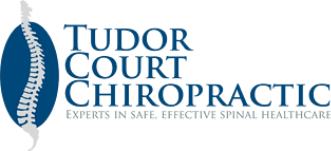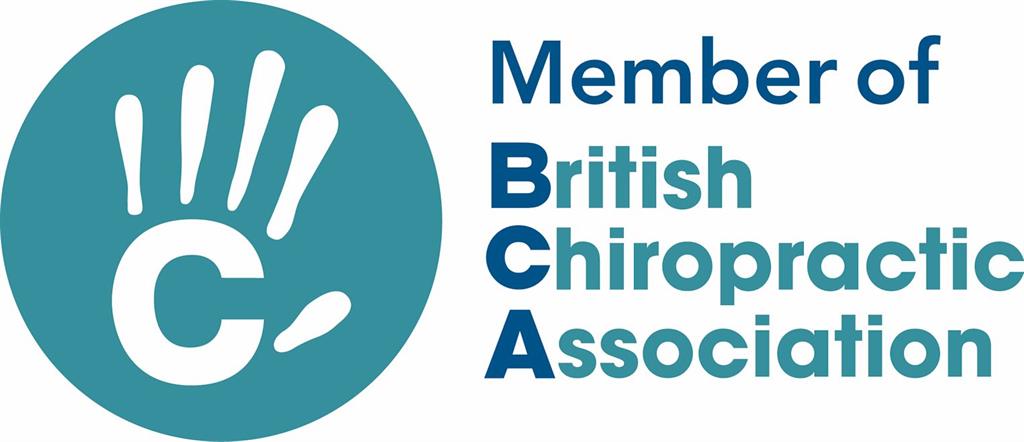
Following up on my last blog post, I thought we'd have a look at the other side of coffee and caffeine, I.E. it's potential benefits!
How much coffee do you drink every day? If you are kind of person who has turned coffee drinking into a habit that's a lot! You may find it hard not to have a cup after each meal. If you're drinking so much coffee that you get tremors, have sleeping problems, or feel stressed and uncomfortable, then obviously you're drinking too much coffee but what if you were told that the right amount of coffee is beneficial if you're on a diet? Most people see coffee as mainly negative in terms of a drink option but many don't realise how good coffee can be in helping you lose weight.
One could expect some of the beneficial effects of coffee to be similar for tea, since some of the compounds are similar. A study in China has found that drinking large quantities of Oolong tea--up to a litre a day--is beneficial for glycemic control in people with diabetes. The research on tea in the U.S. has not shown the same good results that we see for coffee, probably because people in the U.S. tend to drink tea that is weaker in strength and tend to drink less of it.
So too much coffee can give the bad side effects-which is where the negative connotations come from but the right amount regularly and at the right times can help you to lose weight. How does it do this?
1) As an appetite suppressant. Coffee suppresses the appetite and so we lose weight from less consumption of food. First thing in the morning is the best time to drink coffee; it wakes you up and makes you satisfied with a lighter breakfast.
2) Caffeine has Thermogenic qualities' meaning it helps calories consumed to be burned as heat leaving less for the body to store as fat. In conjunction with a calorie controlled diet this can be very effective.
3) Caffeine is a diuretic which can help you fight off oedema, helping your body get rid of its waste products and excess fluids. Oedema has a negative effect on your diet, impairing your metabolism. Caffeine supports your diet by helping you combat unwanted oedema.
Before you start drinking 5 cups a day remember the side effects. Strong espresso coffee has around 100mg of caffeine a cup and the content will vary depending on how it's brewed-the darker the bean, the higher the caffeine contained. Just one strong cup in the morning followed by 20-30 minutes aerobics will work wonders for weight loss so you don't need to become an addict if you can commit to some exercise.
In summary here's what The Harvard School of Public Health have to say on their website;
•Drinking up to six cups a day of coffee is not associated with increased risk of death from any cause, or death from cancer or cardiovascular disease.
•Some people may still want to consider avoiding coffee or switching to decaf, especially women who are pregnant, or people who have a hard time controlling their blood pressure or blood sugar.
•It's best to brew coffee with a paper filter, to remove a substance that causes increases in LDL cholesterol.
•Coffee may have many potential health benefits, but more research needs to be done to be more specific about them.
MG
How much coffee do you drink every day? If you are kind of person who has turned coffee drinking into a habit that's a lot! You may find it hard not to have a cup after each meal. If you're drinking so much coffee that you get tremors, have sleeping problems, or feel stressed and uncomfortable, then obviously you're drinking too much coffee but what if you were told that the right amount of coffee is beneficial if you're on a diet? Most people see coffee as mainly negative in terms of a drink option but many don't realise how good coffee can be in helping you lose weight.
One could expect some of the beneficial effects of coffee to be similar for tea, since some of the compounds are similar. A study in China has found that drinking large quantities of Oolong tea--up to a litre a day--is beneficial for glycemic control in people with diabetes. The research on tea in the U.S. has not shown the same good results that we see for coffee, probably because people in the U.S. tend to drink tea that is weaker in strength and tend to drink less of it.
So too much coffee can give the bad side effects-which is where the negative connotations come from but the right amount regularly and at the right times can help you to lose weight. How does it do this?
1) As an appetite suppressant. Coffee suppresses the appetite and so we lose weight from less consumption of food. First thing in the morning is the best time to drink coffee; it wakes you up and makes you satisfied with a lighter breakfast.
2) Caffeine has Thermogenic qualities' meaning it helps calories consumed to be burned as heat leaving less for the body to store as fat. In conjunction with a calorie controlled diet this can be very effective.
3) Caffeine is a diuretic which can help you fight off oedema, helping your body get rid of its waste products and excess fluids. Oedema has a negative effect on your diet, impairing your metabolism. Caffeine supports your diet by helping you combat unwanted oedema.
Before you start drinking 5 cups a day remember the side effects. Strong espresso coffee has around 100mg of caffeine a cup and the content will vary depending on how it's brewed-the darker the bean, the higher the caffeine contained. Just one strong cup in the morning followed by 20-30 minutes aerobics will work wonders for weight loss so you don't need to become an addict if you can commit to some exercise.
In summary here's what The Harvard School of Public Health have to say on their website;
•Drinking up to six cups a day of coffee is not associated with increased risk of death from any cause, or death from cancer or cardiovascular disease.
•Some people may still want to consider avoiding coffee or switching to decaf, especially women who are pregnant, or people who have a hard time controlling their blood pressure or blood sugar.
•It's best to brew coffee with a paper filter, to remove a substance that causes increases in LDL cholesterol.
•Coffee may have many potential health benefits, but more research needs to be done to be more specific about them.
MG


 RSS Feed
RSS Feed













